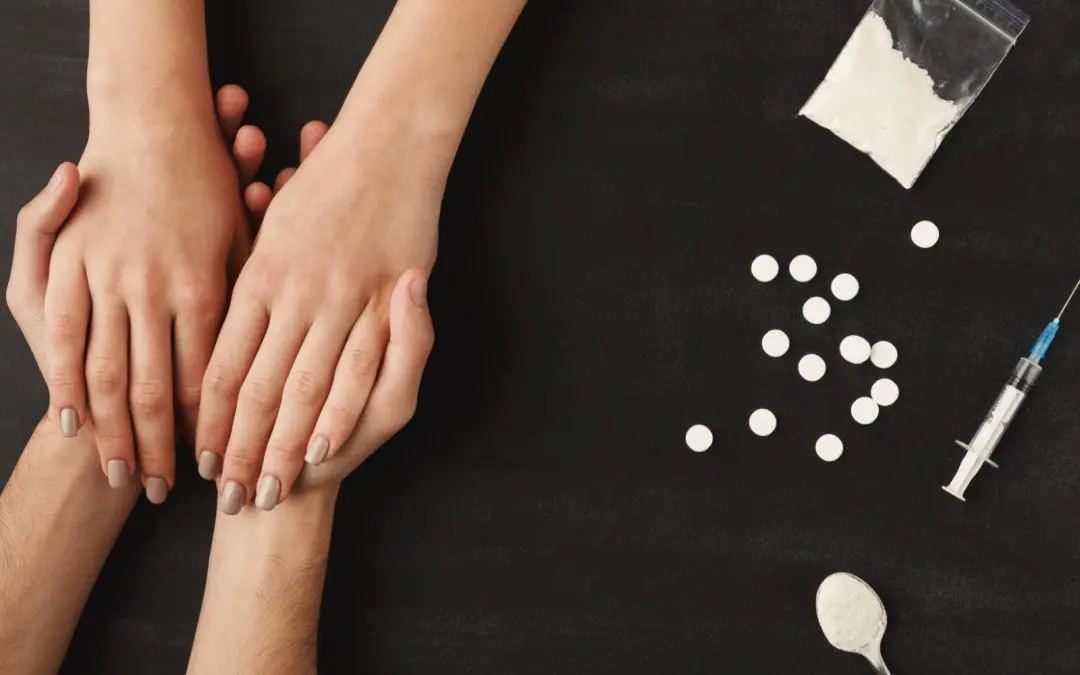24/7 Helpline:
(866) 899-221924/7 Helpline:
(866) 899-2219
Learn more about PTSD Treatment centers in Jackson Springs
PTSD Treatment in Other Cities

Other Insurance Options

American Behavioral

Highmark

Premera

Horizon Healthcare Service

Kaiser Permanente

Cigna

Magellan Health

Health Net

Medical Mutual of Ohio

Ambetter

Health Choice

Excellus

Carleon

EmblemHealth

Oxford

Providence

AllWell

Amerigroup

United Health Care

Choice Care Network













